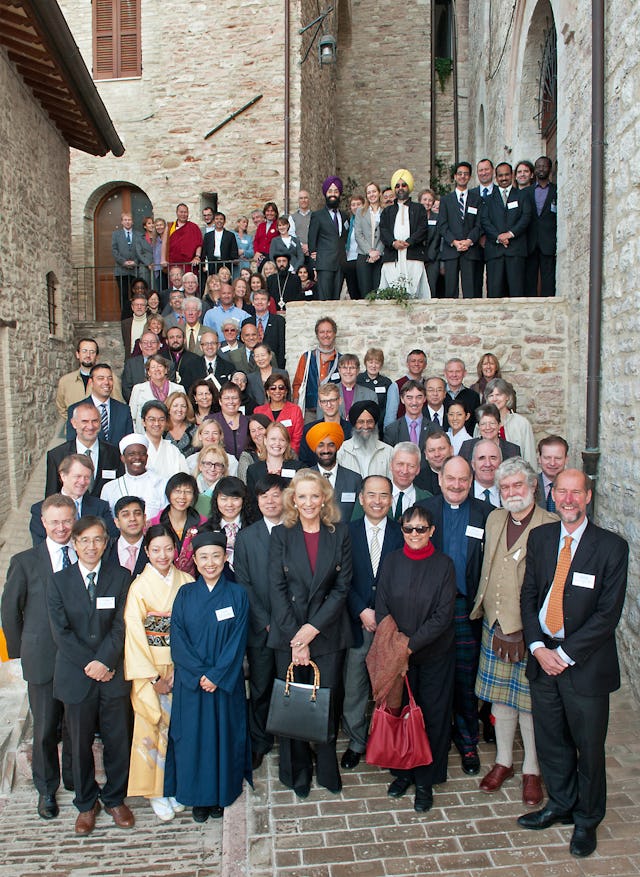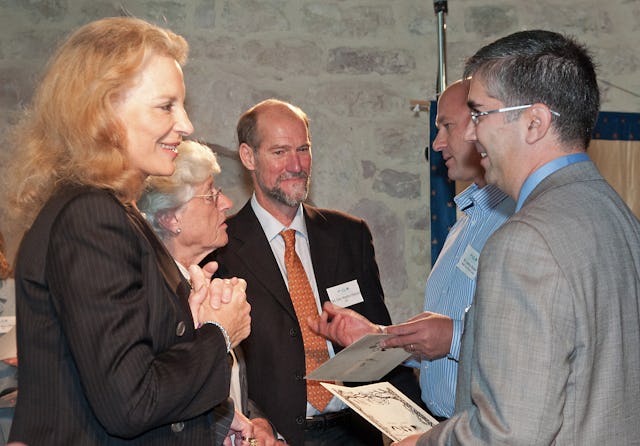Network aims to make pilgrimage a greener experience
ASSISI, Italy — An estimated 100 million people make some kind of pilgrimage every year, some for a few hours, others for days or months.
To address the environmental impact of these journeys – and to assist the world's holy places to become as environmentally sustainable as possible – a new network has been launched which brings together pilgrim sites from 10 faith traditions.
They range from the Sikh Golden Temple in Amritsar, India, and the Armenian Orthodox holy city of Etchmiadzin, to Jerusalem – a major pilgrimage destination for the Jewish, Christian and Muslim faiths.
The Baha'i World Centre – and the city of Haifa, Israel, where it is located – have also become founding members of the Green Pilgrimage Network. Last year alone, the Baha'i holy places attracted around 750,000 pilgrims and visitors.
"The Green Pilgrimage Network will ask the faithful to live, during the most intense of religious experiences, in a faith-consistent way," said Martin Palmer, Secretary-General of the Alliance of Religions and Conservation (ARC), which has established the Network in association with WWF.
"To travel to a holy place in such a way as to treat the whole world as sacred is to be a true pilgrim," said Mr. Palmer.
The Network was launched in the presence of Her Royal Highness Princess Michael of Kent at the Sacred Land celebration, held in Assisi from 31 October to 2 November. The event also marked 25 years of religious action on the environment since the first Assisi gathering in 1986 when faith leaders were invited to consider how their beliefs, practices and teachings could help protect the environment.
This year, some 90 delegates from around the world – representing all the major faiths – took part in a two-day conference which examined the way forward for religion and environmentalism, and the Green Pilgrimage Network.
The Baha'i International Community was represented at the event by Jalal Hatami, its Deputy Secretary-General.
"The Baha'i World Centre is discussing with the authorities in Haifa how to make the city more ecological," said Mr. Hatami. "This includes promoting the use of public transport among all citizens and greener practices in the hospitality sector, improving the management of energy and water, and encouraging more recycling and waste reduction."
Mr. Hatami described hearing about the various initiatives already under way in various holy cities as "very inspiring."
"It demonstrated that the faith communities have much to say about the environment and can really make an impact if they work towards common goals," he said.

